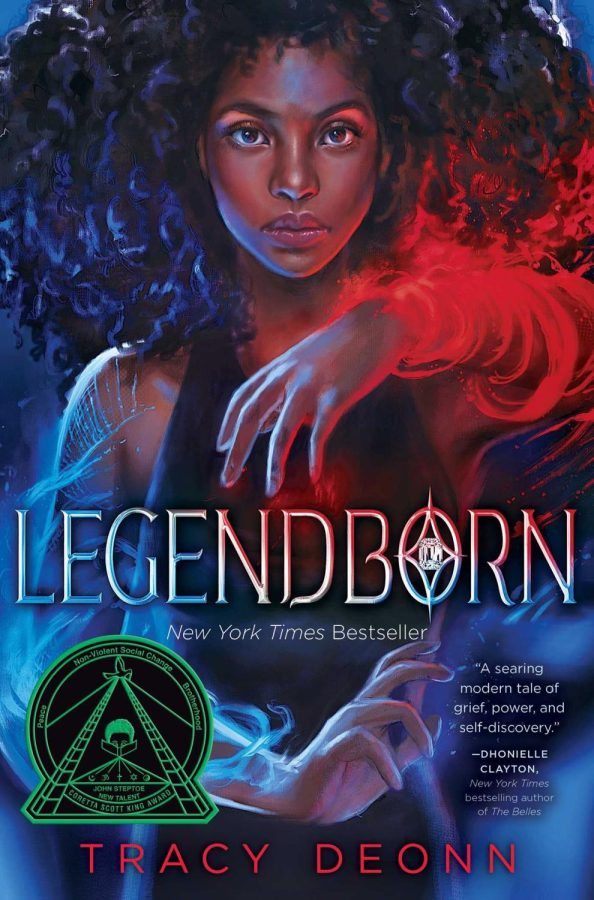Legendborn: Reclaiming Black Heritage in a Fantastical Way
March 7, 2022
When it comes to literature, especially young adult literature, it is important to take into consideration the representation in novels. Because people are very susceptible to the world around them, reading only about white characters can reinforce internalized racism. Not to mention, people of color are not getting to see themselves represented in the media near as much as they should. The young adult sub-genre is especially prone to this behavior.
YA novels have, for many years now, almost always centered around white protagonists. A common trend in these types of novels have been black characters (if any at all), being depicted as side characters or comic reliefs that are often killed off early on in the book so the white protagonist can develop as a character. As if this isn’t bad enough, this racist behavior shown by authors in many young adult novels is just the beginning of an inherently racist cooperation of publishing houses. Often, black authors have written books that are just as good (and perhaps even better) than those written by white YA authors only to be rejected by publishing houses and have their work pushed back so that yet another white author can shine on the NYT bestseller list.
Now, enter Legendborn. Legendborn features main protagonist, Bree Matthews, as she copes with the surprising and suspicious death of her mother along with her experiences in a southern PWI boarding school that might or might not be infested with magic. On her first night at school, she witnesses a flying demon feeding off of human energy. After being offered a chance to help take down said demons by a secret society from descendants of King Arthur himself, Bree quickly begins to realize that the Society is not quite what it seems. Why are the only people allowed to wield any type of powerful magic white? Why, then, can she wield such powerful magic? As Bree slowly unwinds the dark, racist secrets of the Society’s past, she must decide if she should continue to use her magic to take the Society down or join the fight against the demons slowly taking over her school.
Legendborn is as much a book about fighting monsters, women with swords and dragons as it is a book about generational trauma, grief and class. This book single handedly proves that it is more than possible to write an absolutely amazing fantasy while also acknowledging modern-day social issues.
































